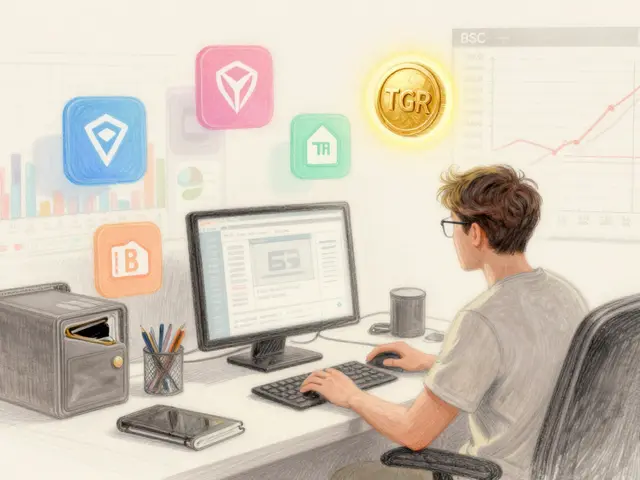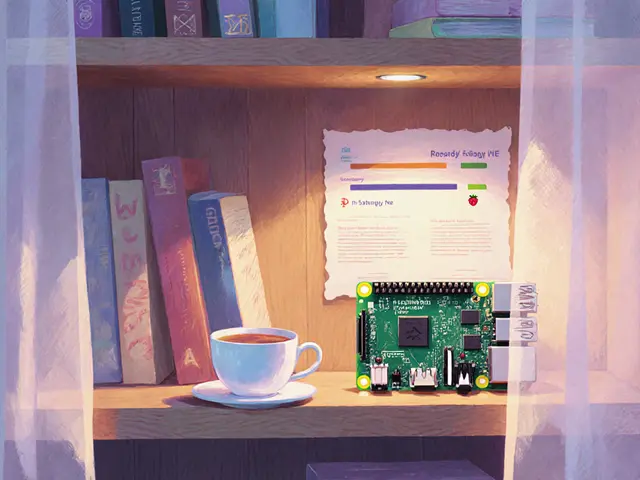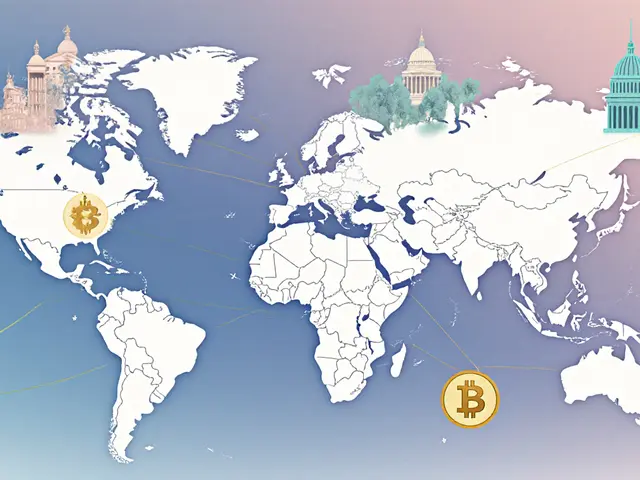Blockchain as a Service (BaaS) Use Cases
When working with Blockchain as a Service (BaaS), a cloud‑based platform that lets companies build, host, and manage blockchain applications without running their own nodes. Also known as BaaS, it simplifies deployment, scales on demand, and lowers upfront costs. In plain terms, BaaS is the toolbox that lets any business plug blockchain into their existing tech stack. One of the most common ways firms use this toolbox is Tokenization, the process of turning real‑world assets like property or art into tradeable digital tokens. Tokenization lets companies create fractional ownership models, unlock liquidity, and automate settlements. For example, the rise of real‑estate token marketplaces shows how BaaS can turn a skyscraper into dozens of affordable digital shares, letting everyday investors dip their toes into property markets.
Key Enablers Behind BaaS Deployments
Beyond tokenization, Stablecoins, cryptocurrencies pegged to stable assets like the US dollar act as the financial glue that holds cross‑border BaaS solutions together. Stablecoins give businesses a reliable medium of exchange that avoids the volatility of traditional crypto, making them ideal for international payments, payroll, and supply‑chain settlements. Yet, any BaaS rollout has to navigate Regulatory compliance, the set of laws and guidelines that govern how blockchain services are offered and used. Compliance ensures that tokenized assets meet local securities rules, that stablecoin transfers follow AML/KYC standards, and that businesses avoid costly penalties. In practice, this means partnering with BaaS providers that already have the necessary licenses and audit trails in place.
Another pillar of modern BaaS is Decentralized finance (DeFi), an ecosystem of open financial services built on blockchain. DeFi protocols supply the liquidity and automated market‑making tools that let tokenized assets be bought, sold, or staked directly from a BaaS platform. When a company launches a tokenized real‑estate fund, a DeFi layer can provide instant liquidity through automated market makers, while smart contracts enforce dividend payouts. This tight integration creates a self‑sustaining loop: BaaS provides the infrastructure, tokenization creates the asset, stablecoins handle the cash flow, compliance keeps it legal, and DeFi delivers the market dynamics.
All of these pieces—tokenization, stablecoins, compliance, and DeFi—show why BaaS is more than a tech service; it's a strategic enabler for industries ranging from finance and real estate to telecom and supply chain. Below you’ll find a hand‑picked collection of articles that dig into each of these angles, from Nigerian crypto regulations that affect BaaS compliance to real‑estate token marketplaces that illustrate tokenization in action, and reviews of exchanges that power DeFi liquidity. Dive in to see how businesses are already leveraging BaaS to cut costs, open new revenue streams, and stay ahead of the regulatory curve.

Explore practical BaaS use cases, real‑world examples, benefits, challenges, and a provider comparison to help you embed banking services without a licence.
Jonathan Jennings Oct 20, 2025




